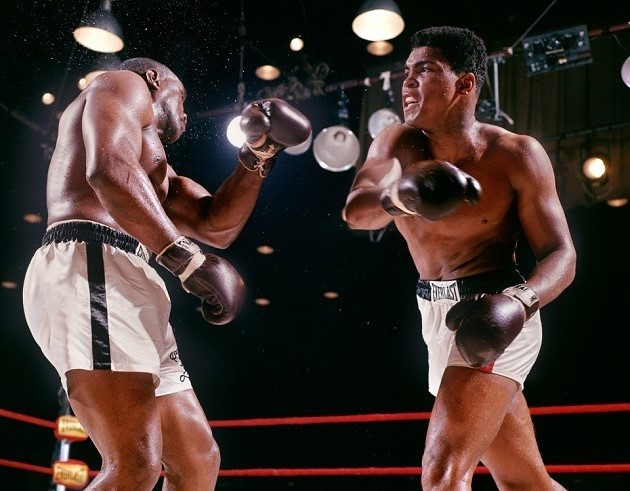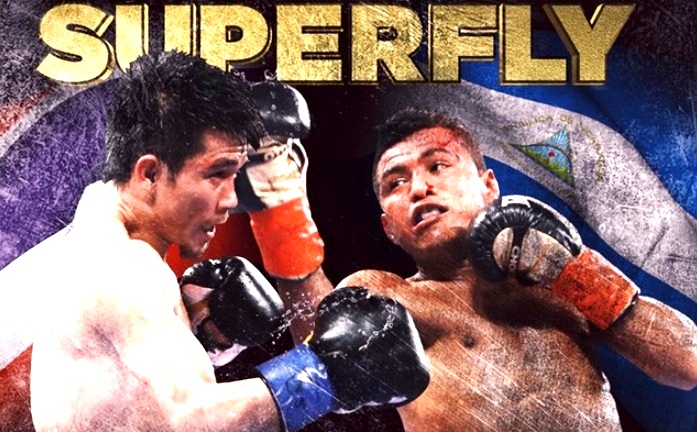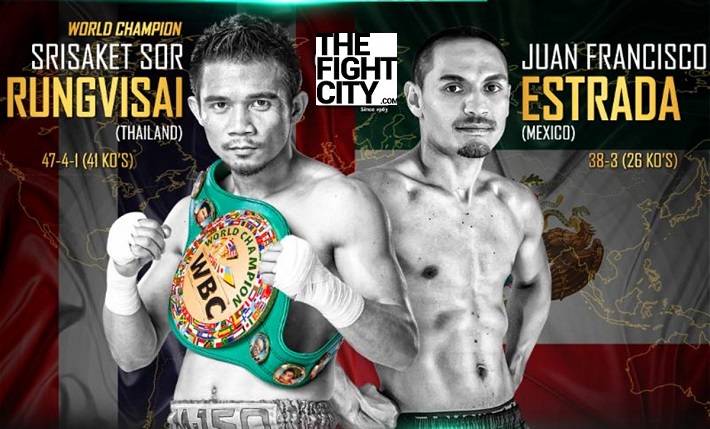Welcome to Shocker Week
At a polite social gathering, a friend introduces you to someone as, among other things, “a boxing fan,” or “a boxing writer,” or perhaps even “an ardent follower of ‘The Sweet Science.'” For a few minutes your new acquaintance exchanges small talk before regarding you quizzically and posing the query they most want an answer to: “Why do you like boxing?”
There are a thousand answers to such a question, but invariably one mentions something about how basic boxing is, how as a human competition, it is pure and fundamental and timeless. Two people face each other, make fists, and fight. There is little equipment involved and the rules function only to encourage a fair and entertaining contest. A boxing match is a test of human courage, fortitude, intelligence and stamina and it presents the excitement of human conflict in stark and uncomplicated terms. Boxing’s simplicity speaks to something ancient and essential in us.
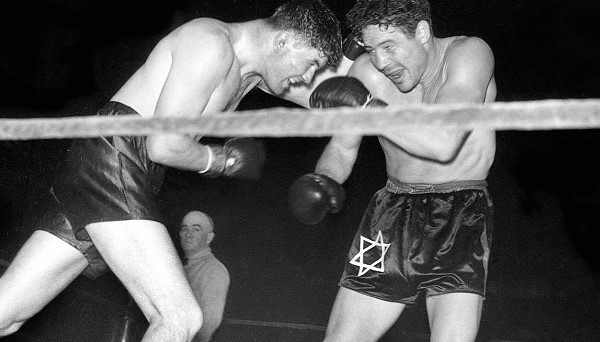
And this in turn helps to explain the timeless appeal of the upset. There is an old saying in boxing, “Upsets make the sport,” and there is much truth to this statement. Upsets speak directly to boxing’s appeal because they enlarge the sport’s humanity. A great upset reassures us of the simple fact that when a match begins, all the publicity, promotion, predictions and whatever experience or exploits the combatants have achieved in the past, all of this is set aside. At the moment the iron bell rings, it’s now a struggle between individuals and nothing outside that squared circle matters. In a fight, anything can happen. And new truths can be revealed.
After all, it is the boxing upset and the hope which it represents that is at the core of the story told over and over again about why boxing matters. Everyone knows boxing is the sport of the poor. That it prospers in hard economic times. That it gives people whose families can’t afford country club memberships or trips to the sporting goods stores to buy shoulder pads and ice skates a chance to overcome their circumstances. All those young kids toiling away in the gyms after school: they’re underdogs. Each and every one of them.
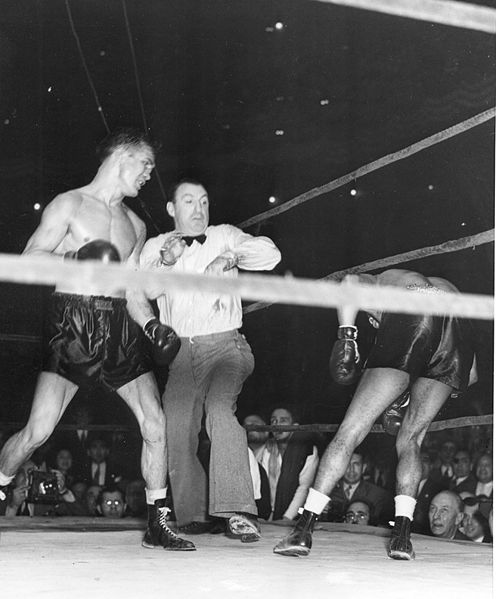
Upsets tell us that no matter what the experts predict, or what the record book says, something more is at play in a boxing match than technical skill, experience, correct training techniques or proven ability. Intangibles such as determination, desire, courage and belief take on larger roles. And this reassures us, makes our own struggles easier to accept. Long odds can be overcome. Experts can be wrong. A strong heart and a unconquerable spirit still count for much. The impossible dream is suddenly possible. And glory is reserved not just for a chosen few.
And an upset win in boxing is particularly glorious. Football, hockey, basketball, tennis — the same adversaries face each other regularly. In boxing, the underdog has one chance to prove himself. And the favored boxer can usually ride out the odds to get the victory. Even if something goes wrong, they’re likely to still find a way to win: that’s why they’re favorites. But when an upset happens — the circumstances, the timing — so much has to be on the side of the “dark horse” for him to win. When we witness an upset, we’re watching history, that one time out of a hundred when everything that shouldn’t happen, does.
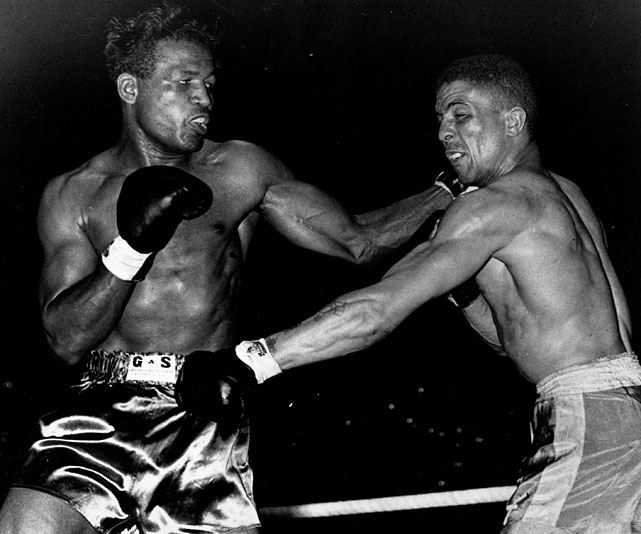
We have upsets on the brain because in a few days boxing will mark a quarter century since, unquestionably, the greatest shocker in its history: heavyweight champion Mike Tyson’s stunning defeat to the unheralded James “Buster” Douglas. No outcome, before or since, has surprised so many. The undefeated champion, who had knocked out eight in a row including Larry Holmes and Michael Spinks, appeared unbeatable. Douglas, a journeyman contender with losses on his record to Jesse Ferguson and Tony Tucker, had impressed no one, was regarded as just an easy payday for “Iron Mike.” His resounding victory sent shock waves not just throughout boxing, but the entire sports world. In fact, many regard Douglas KO10 Tyson as the greatest upset in the history of professional athletics.
The story of Douglas vs Tyson will be recounted later in the week. But there are other memorable upsets which we will revisit in the days to come. And we will even consider potential upsets to be, in matches slated for the near future. Seven days is hardly long enough to complete a survey of all the unexpected outcomes we have seen in boxing; seven weeks might work better.
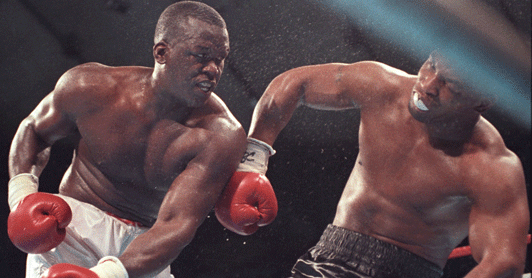
But it’s long enough for a celebration of something essential to boxing — the unexpected, the unforeseen, the shocking outcomes which in fact redeem, at least to some degree, the whole enterprise of this brutal business called pugilism. The chance to step into the ring and with a single fight transform your life. All those young men from broken-down homes who rose up to become champions. The irresistible romance of stories like “Rocky” and “The Cinderella Man.”
The simple truth is, boxing is all about underdogs. And don’t we love it when the underdogs make good.
Welcome to “Shocker Week.”

